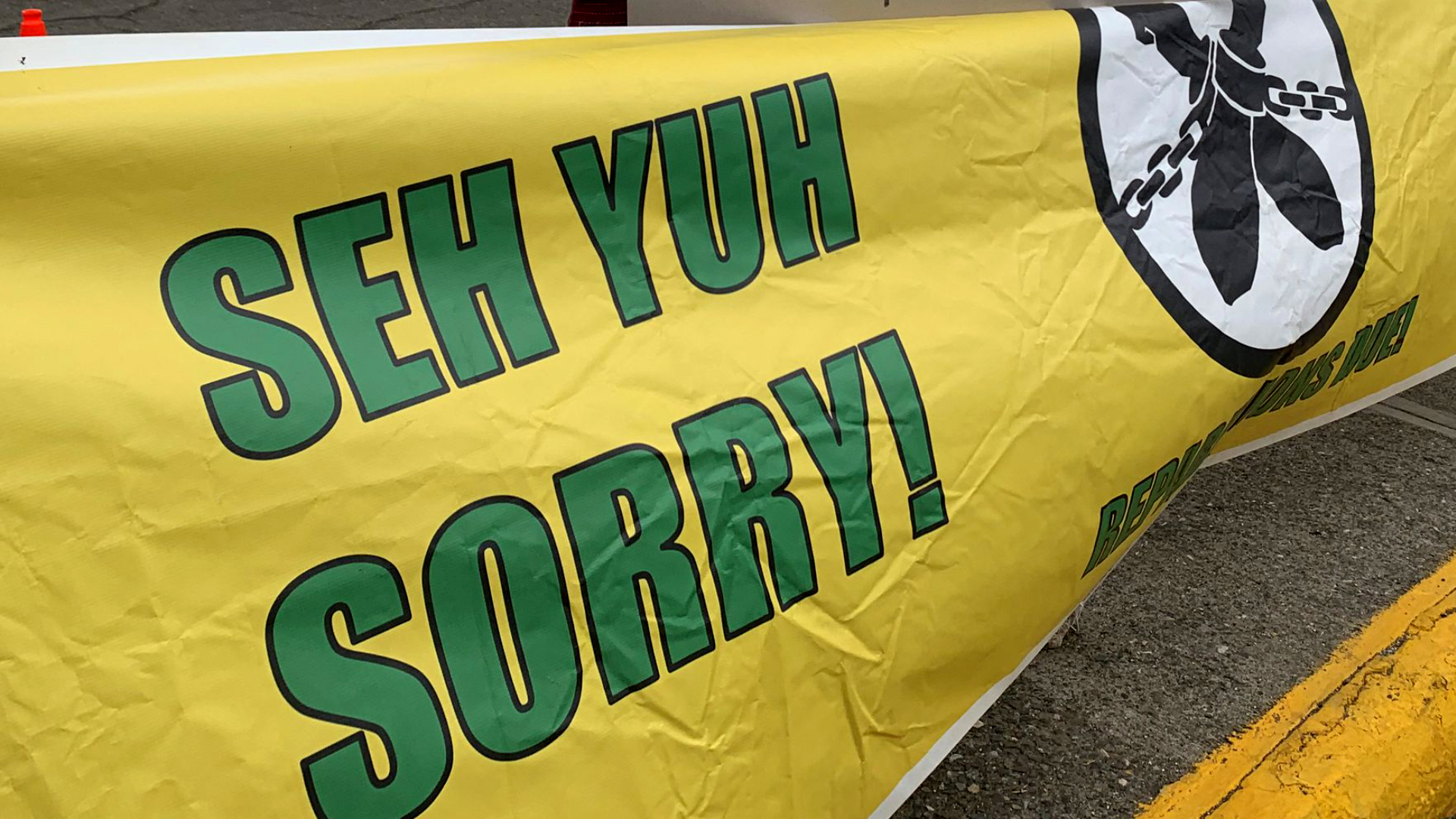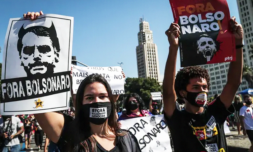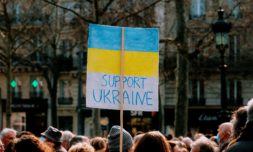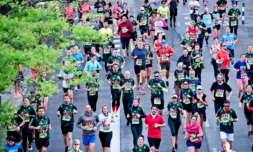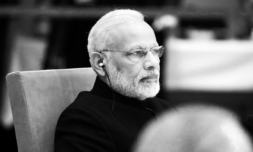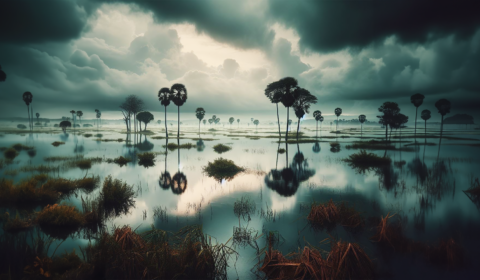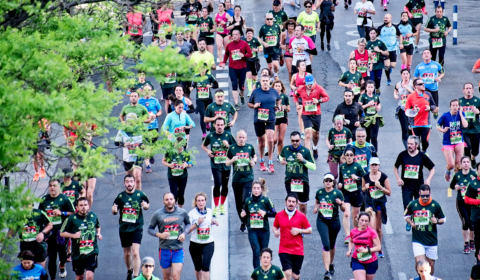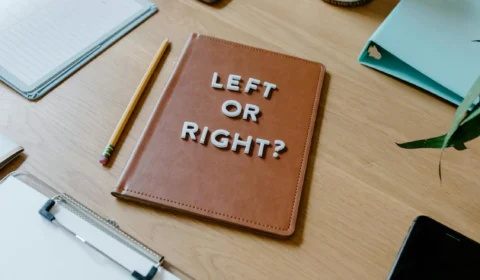Signed by over 100 prominent politicians, professors, and leaders, the letter reads:
‘During her 70 years on the throne, your grandmother has done nothing to redress and atone for the suffering of our ancestors that took place during her reign and/or during the entire period of British trafficking of Africans, enslavement, indentureship and colonialization.’
Despite Jamaica marking its 60th anniversary of national independence this week, it has remained a constitutional monarchy with The Queen as Sovereign.
But it’s clear that Jamaica holds a view of Britain similar to that of Barbados, a relationship tainted by its dark history of colonial rule. This ultimately caused Barbados to cut all ties with the Monarchy to become a republic at the end of last year.
According to reports, the Jamaican government has already begun discussing the country’s separation from the monarchy, but many feel an apology is ‘necessary to begin a process of healing, forgiveness, reconciliation and compensation.’
From 1672, Jamaica quicky became one of Britain’s busiest and most valuable colonies.
For three hundred years, Jamaica would become a prime exporter of sugar cane, coffee, cotton indigo, and cacao, which were cultivated by imported African slaves. Britain also ran a lucrative slave trade with South America.
Though Britain’s slave trade was abolished in 1807, it did not abolish slavery itself until 1833. The government has yet to pay any reparations to the Jamaican people but borrowed a large sum of money for a modern equivalent of $22 billion to compensate former slave owners who lost business due to abolition.
Making matters worse, this sum wasn’t completely paid off until 2015 and involved borrowed money from the Bank of England, leaving modern British citizens to suspect they helped to end the slave trade with their taxes.
The strained relationship between Jamaican people and British powers lies in the fact that Jamaica has never reaped the benefits of the extensive labours and horrors carried out in the country.
At present, over 400,000 Jamaican people live in poverty, and more than 15 percent of the country’s population doesn’t have a decent way of survival.
‘Kate and William are beneficiaries, so they are, in fact, complicit because they are positioned to benefit specifically from our ancestors, and we’re not benefitting from our ancestors,’ said a Jamaican protester named Opal Adisa.
Legendary dancehall artist Beenie Man appeared on Good Morning Britain stating, ‘We are just here, controlled by the British, ruled by the British law. When you go in the court it’s all about the Queen and the Queen serve and the Queen this and that – but what are they doing for Jamaica? They’re not doing anything for us.’
It will be interesting to follow the story of Jamaica’s journey to sever ties with the British monarchy. For Barbados, it lasted almost two decades – but it was a ceremonious celebration for its people of all generations.









